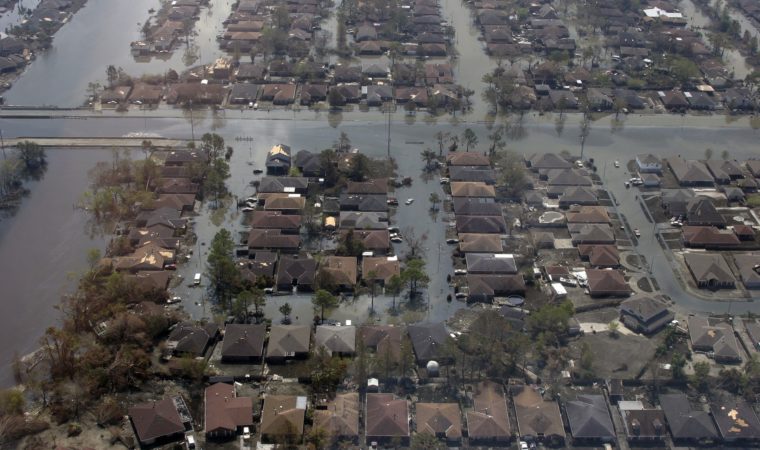
Hundreds of thousands of people were affected when Hurricane Florence made landfall in North Carolina on September 14, 2018. While the rainfall may have stopped, many are still trying to recover from the flooding and immense property damage they incurred. One way to do that is by filing a flood insurance claim. This can be a difficult process, but failing to meet the most important deadlines can make it even more challenging, and sometimes impossible, to receive the needed coverage.
Proof of Loss Deadlines
The first action a policyholder must take is to provide prompt written notice to FEMA. After that, for most claims, the National Flood Insurance Policy (NFIP) requires that a Proof of Loss claim be filed within 60 days of the date of the loss. A Proof of Loss form is a sworn statement made by the policyholder substantiating their insurance claim. While this statement does not need to be notarized, the policyholder should request a proof of mailing after they send in the form in case the date is disputed in the future.
In cases where the magnitude of loss is great, such as with Hurricane Harvey in Texas, NFIP will sometimes grant an extension for the Proof of Loss deadline. Currently, NFIP has not released any statement suggesting they will provide this same relief for the victims of Hurricane Florence. That does not mean they will not, only that policyholders need to continue to watch for announcements from NFIP.
After the insurance company receives the written Proof of Loss, they are required to issue a blank proof of loss within 15 days in North Carolina. If the insurance company fails to do so, the policyholder will be considered to have complied with the policy requirements, as long as they have filed their Proof of Loss within the deadline.
Deadlines to File a Lawsuit
Even when the losses are real and the Proof of Loss is sent in before the deadline, an insurance company may still unfairly deny a claim. They are in the business to make a profit and paying out large sums to so many people cuts into those profits. When insurance companies unfairly deny a claim, this is considered to be acting in bad faith and homeowners can file a lawsuit against the insurance company for those actions. However, there are deadlines for these to be filed as well.
Those wishing to sue an insurance company must file their lawsuit within one year from the mailing date the insurance company denied their claim. Those who do not file a claim within this statute of limitations may have their claim throw out of court and forfeit all right to compensation. It is advisable that anyone wishing to file a lawsuit against an insurance company seeks the help of an attorney. It is not easy to fight big insurance companies in court, and having a lawyer will greatly increase a homeowner’s chance of success. In addition, an attorney can provide more insight as to when the lawsuit should be filed and what the statute of limitations is.
Independent Time Limits
While these deadlines are very helpful to know, it is also true that many insurance companies set their own deadlines. Erie Insurance for example, is granting extensions on policy requirements for Proof of Loss and reporting information for anyone affected by Hurricane Florence. Homeowners should check their policy or contact their insurance company to find out the most important deadlines for filing insurance claims.


